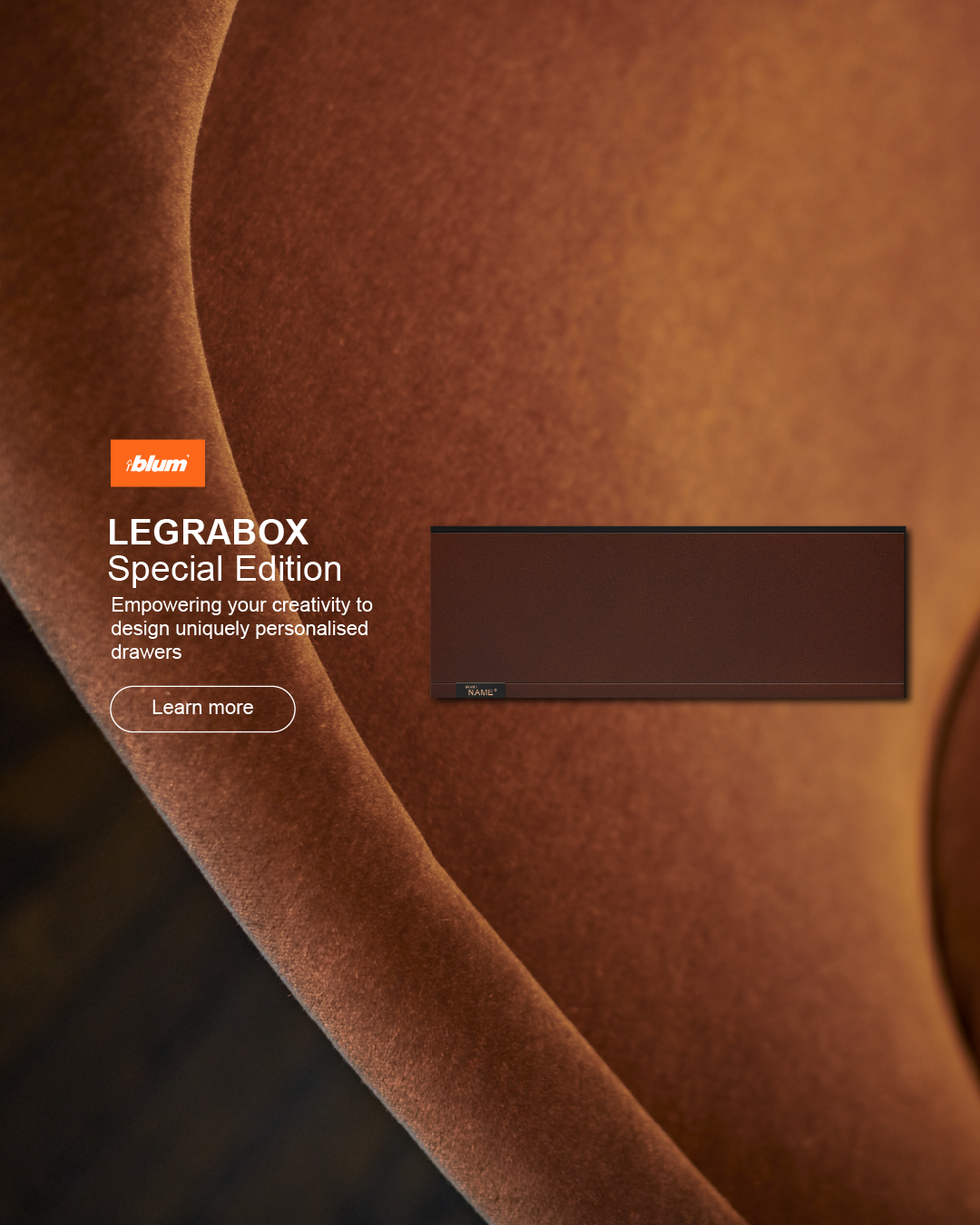
A House of Two Halves – Winton House by Molecule Studio
A harmonious and thoughtful response to a complex challenge, Winton House is a composition of two halves, where a carefully renovated and restored 1890s Victorian heritage home is given new life via a contemporary two-storey extension to the rear.
Located in Hawthorn, Molecule Studio was tasked with transforming previously approved drawings without triggering the need for any planning amendments. “The building was a monolithic rendered mass with no articulation or connection to the heritage building that it resides against,” says Molecule Studio director Anja de Spa. “While the project started for us atypically as an endorsed building envelope already established, we worked from there to articulate the forms and materiality to achieve a soft and relaxed family home that respects the proportions of the grand heritage house.”
The result is a home that speaks both of past and present, where the rich detail long admired in sprawling Victorian homes is balanced with the function and comfort of modern design sensibilities. A rebated black steel panel deliberately resides between existing and new elements to acknowledge the two forms, allowing each to retain autonomy within the overall composition. Internally, the chronology of the home is expressed through a clarity of detailing. The elaborate skirtings, cornices and plasterwork in existing spaces are retained or repaired, while shadow lines with oversized inset skirtings signal new rooms.
“The building was a monolithic rendered mass with no articulation or connection to the heritage building that it resides against.”
A thoughtful injection of forms and finishes continues the narrative of old and new; curved motifs expressed through joinery elements and archways reference delicate heritage detailing, while the material choice of black powder coated steel anchors the home in the present. In the extension, rich marbles and decorative light fittings subtly reference Winton House’s past, articulated by a tonal layering of sage green and soft greys in natural stone, timber veneer, timber floorboards, and terrazzo floor tiles.
Outside, a dark bluestone ground floor shroud draws on the proportion and detailing of the existing house while the light rear double-storey brick element pops forward, detailed with Flemish bond as a gesture to the 19th century era in which Winton House was created. It is this thoughtful, intelligent level of detailing that has restored Winton House to its former charm and grace with an addition that, while contrasting, flows as though it was always part of the home. Ultimately, the project “is a graceful renovation of a graceful Victorian home, updated to reflect an Australian way of life, connecting to light, natural materials and the seasons,” Anja says.



































